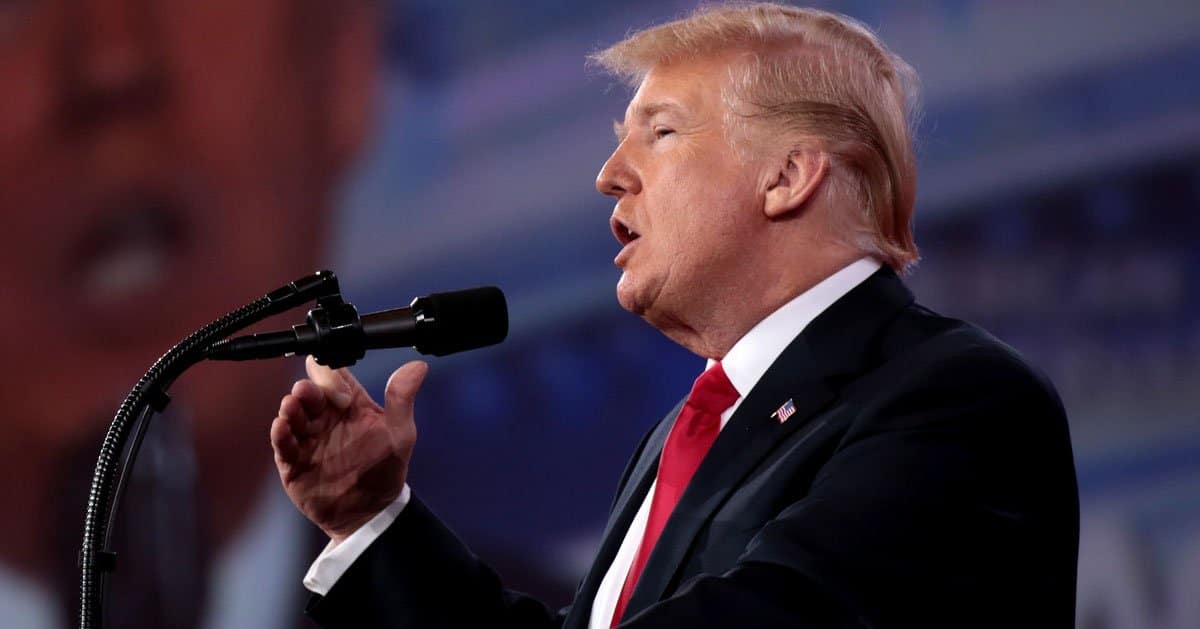






The Senate confirmed Kash Patel on Thursday with a slim 51-49 majority, despite strong opposition from Democrats and some Republicans over concerns about his political history and statements.
The Times of India reported that Patel's confirmation marked a narrow victory, with the Senate almost equally divided on the decision. All Democratic senators opposed his appointment, emphasizing the need for someone apolitical at the helm of the Federal Bureau of Investigation.
Two Republican senators, Susan Collins of Maine and Lisa Murkowski of Alaska, also cast dissenting votes, expressing significant concerns about Patel’s recent political involvement.
Mitch McConnell, a prominent Senate Republican, unexpectedly supported Patel’s confirmation. Known for frequently opposing picks backed by former President Donald Trump, McConnell’s vote in favor of Patel raised eyebrows in political circles.
McConnell has voted against multiple Trump nominees and many expected him to vote against Patel but McConnell bucked the trend knowing Patel would be nominated regardless.
The choice of Patel, a figure associated with Trump’s administration, to lead the FBI has rekindled debates about the potential politicization of the nation’s top law enforcement agency. Patel's history, particularly over the last four years, is marked by active political participation and published materials critical of the FBI.
Senators Collins and Murkowski were vocal about their apprehension regarding Patel's leadership. Collins highlighted the necessity for an apolitical approach in the FBI’s leadership.
Despite recognizing Patel’s public service record of 16 years, Collins referenced his recent high-profile political behavior as a cause for concern.
In voicing her opposition, Collins stressed a requirement for the leader of the FBI to avoid political entanglements, especially given Patel’s critical statements about the organization. These assertions, combined with his involvement in politically charged activities, cast doubt on his capability to lead without bias.
Senator Murkowski raised reservations tied to Patel’s prior political actions, questioning whether such experiences would color his direction of the FBI.
She pointed to his past actions, emphasizing a lack of effort on his part to contest a decision that pressured the FBI to disclose a list of agents who had a role in the January 6 investigations.
Murkowski explained her expectation for the FBI to serve as a crime-fighting institution, not a tool for political agendas. She critiqued Patel’s apparent inactivity in challenging the administration's push for detailed information on FBI agents involved in sensitive investigations.
This development is particularly significant given the FBI’s role in maintaining law and order, alongside its position as a linchpin in national security efforts.
Senate proceedings illuminated diverging perspectives on what the future direction of the FBI should be, underlining the complex interplay of politics and justice in America.
The decision to appoint Patel as FBI director amid such contention signals ongoing disagreements about the agency's leadership. The move raises questions about future operational dynamics within the FBI and the potential effects of executive and legislative branch interactions.
Responses from both parties have varied, with some Republicans quietly endorsing McConnell's support of Patel, while Democrats largely express concerns about preserving the agency’s integrity. The decision stretches beyond mere confirmation, hinting at possible directional shifts in how the FBI might operate under Patel's watch.
As Patel steps into his role, the political backdrop of his appointment will likely linger, potentially affecting his administration of the FBI's extensive responsibilities. Observers will be analyzing how his past interactions and published opinions might influence his enforcement of justice.
With Patel’s confirmation, expectations have been set for him to navigate the agency through turbulent times with a steady, impartial hand. He faces the challenge of bridging divides and reassuring both political and public skeptics of his commitment to unbiased law enforcement.

